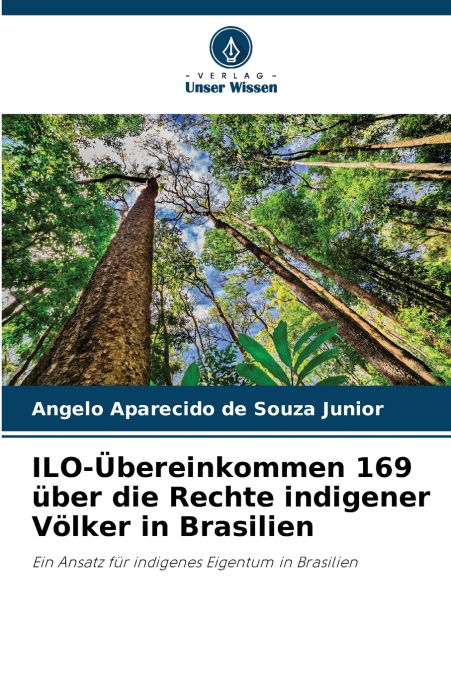
Angelo Aparecido de Souza Junior
Die Bundesverfassung von 1988 brachte große Veränderungen in der Behandlung der indigenen Völker mit sich, insbesondere den Grundsatz des Andersseins, der im Recht der indigenen Person auf Andersartigkeit verankert ist, sowie die Regelung der Frage der indigenen Ländereien, die eigene Institute haben, die sich vom Zivilrecht unterscheiden. Das war jedoch nicht immer so: Brasilien hat bis heute verschiedene Gesetzesänderungen durchlaufen, und die Idee der Integration der indigenen Völker in die lokale Gesellschaft hat mit diesen Änderungen an Kraft verloren und ist nach der Bundesverfassung von 1988 verschwunden. Um die Notwendigkeit eines stärkeren Schutzes der indigenen Völker zu untermauern, suchte man die Berücksichtigung der indigenen Völker im internationalen Rechtssystem, das mit der Einführung des Übereinkommens 169 der Internationalen Arbeitsorganisation (IAO) seinen Niederschlag fand.